After a four-year absence of its offline show, China's largest auto show, or 2024 Beijing International Automotive Exhibition, which kicked off in Beijing on Thursday, has regained global attention. Global players such as Volkswagen and Mercedes-Benz are signaling their entry into NEVs on a large scale, highlighting their confidence in the Chinese market.
Such moves are in contrast with the so-called "overcapacity" cited by some US officials, which primarily pertains to industries such as electric vehicles (EVs). Chinese market observers said that it's groundless to hype the overcapacity narrative, because the production capacity of NEVs to meet consumers' upgrading demand remains insufficient.
A total of 44 models from the Volkswagen Group's brands are on display at the ongoing show, 11 of which are making their debuts, according to information that Volkswagen Group shared with the Global Times. Among the total, there are 18 NEV models.
The group said it is accelerating the process of electrification. Starting from 2026, at least eight pure electric models specially developed for the Chinese local market will be launched. By 2030, the group will provide at least 30 pure electric models in the Chinese market.
Such moves are shared by other global players. BMW and MINI, the two brands under the BMW Group, brought their new models on Thursday, including BMW's BEV model- the new BMW i4 had its world premiere, and MINI's first all-electric crossover - the all new, all electric MINI Aceman, also made its world debut in Beijing.
Electrification, digitalization and sustainable development are the current major trends in the automobile industry. The BMW Group's goal is to achieve more than 50 percent of sales from electric vehicles by 2030, said Oliver Zipse, chairman of the board of BMW AG, in Beijing on Wednesday night.
Mercedes-Benz brought 21 new models to the show, including the world's first pure electric G-Class off-road vehicle. Maybach's first mass-produced pure electric model, the Maybach EQS pure electric sport utility vehicle, hit the Chinese market at the show.
China is the world's second-largest market for G-class off-road vehicles. We will increase our input in the Chinese market and build our electric era with Chinese speed, said Hubertus Troska, member of the board of Mercedes-Benz Group AG.
Automakers from China and abroad are set to unveil 117 new models versus 93 at last year's show in Shanghai, while a total of 278 NEVs will go on display, seven more than last year, according to the organizers.
The timing of the show comes as China's NEV market shows fast development. Data from the China Association of Automobile Manufacturers showed that NEVs accounted for 30 percent of cars sold in China in the first two months of this year.
"Four years ago, when I came here, the NEV models of Chinese brands accounted for a large part of the show, but this time, many foreign companies are actively promoting their NEV products," a visitor surnamed Li told the Global Times on Thursday.
The fever of foreign car producers for NEVs in China is in contrast with the so-called overcapacity hype by some Western countries, in which they focus on the growth of Chinese manufacturing in new industries represented by EVs, lithium-ion batteries and solar panels.
There is no such thing as "overcapacity" in China's NEV sector. As a matter of fact, the production capacity of NEVs to meet consumers' upgrading demand remains insufficient, Wu Shuocheng, a veteran automobile analyst, told the Global Times on Thursday.
"I do not think that China has excess capacity. It's better to look at the China's NEV market from a dynamic and developmental perspective. Through market competition, there will be elimination of outdated production capacity in the sector," Wu said.
The Ministry of Commerce also slammed so-called overcapacity on Thursday. He Yadong, spokesperson of the ministry, said that the issue of production capacity must be based on the background of economic globalization, and fully consider the reality of the global division of labor and international markets.
From a global perspective, there is no overcapacity, but rather a shortage in the new-energy sector. Currently, the development of green, low-carbon and environmentally friendly new energy is an important global response to climate change, He said.
Global players all emphasize the importance of the Chinese market, and they bolster their competitive positions through local partnerships and innovation.
Volkswagen Group said that it is focusing on its local development capacities and its partnerships with local tech companies and manufacturers such as Horizon Robotics, Thundersoft and XPENG.
"We are accelerating our electric offensive with additional products for new segments. In this way, we are taking advantage of opportunities in the rapidly growing e-market," Ralf Brandstätter, board member for the China region and CEO of Volkswagen Group China, told the Global Times.








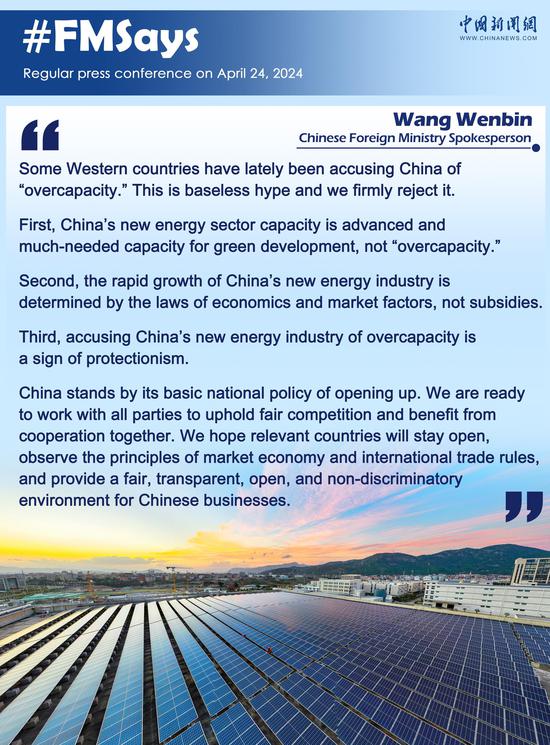
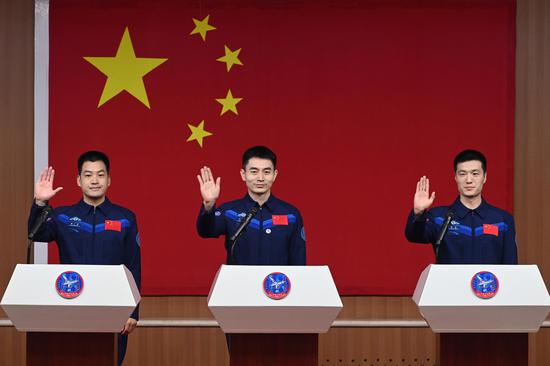
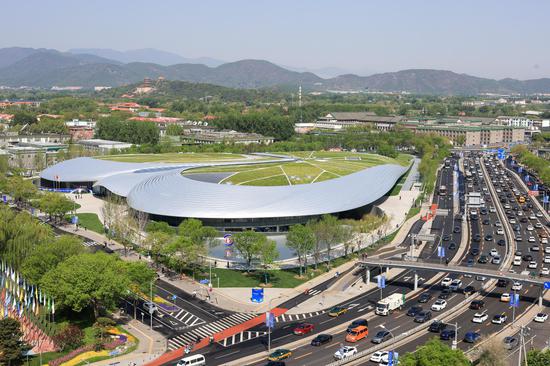

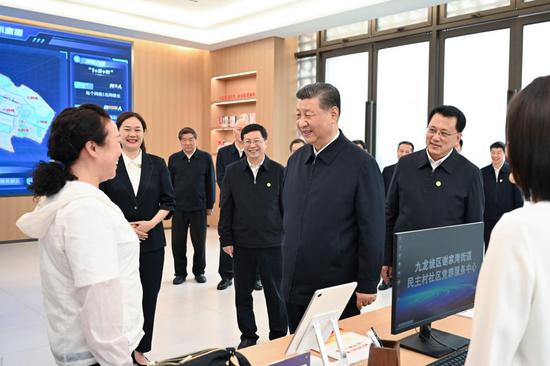
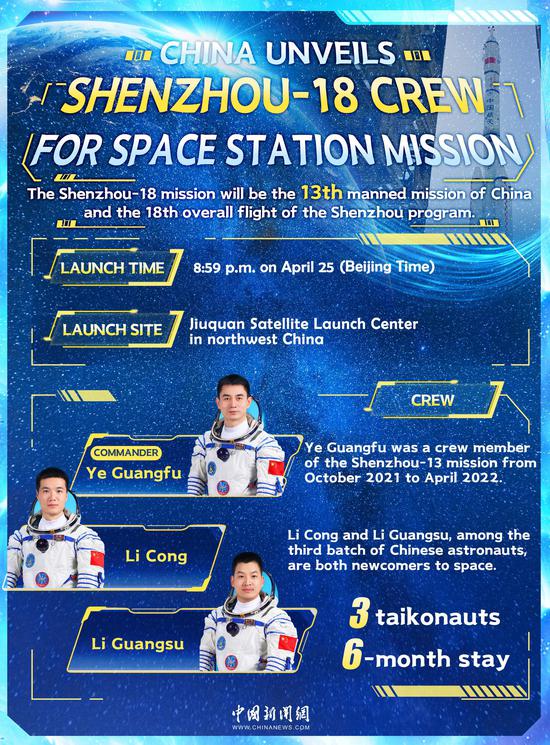
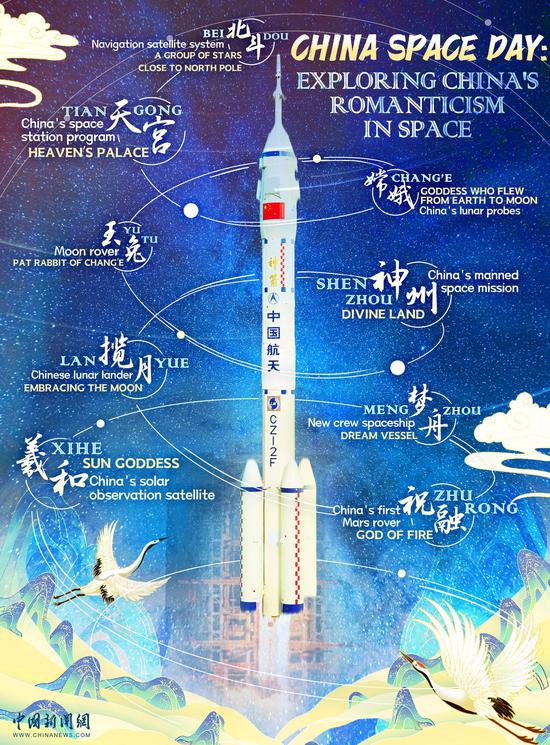
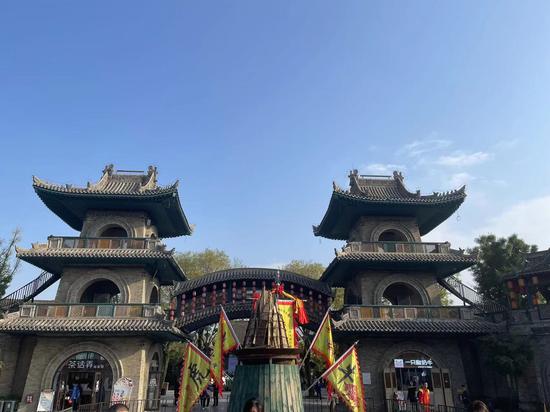
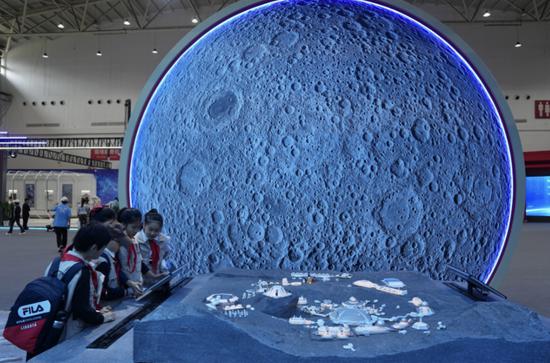




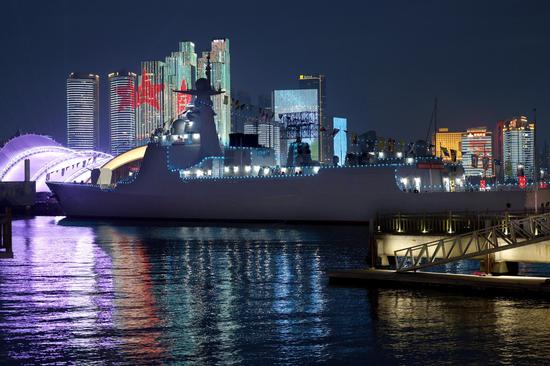

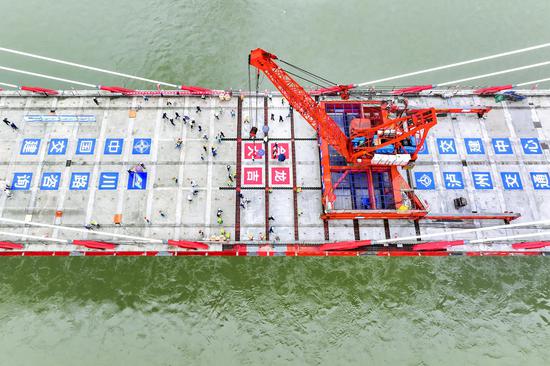
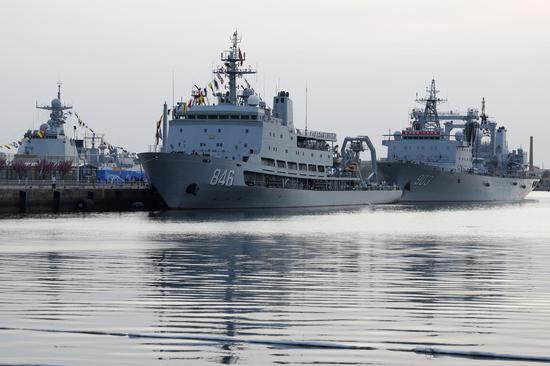
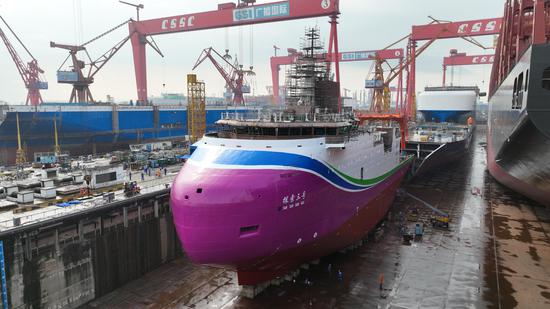
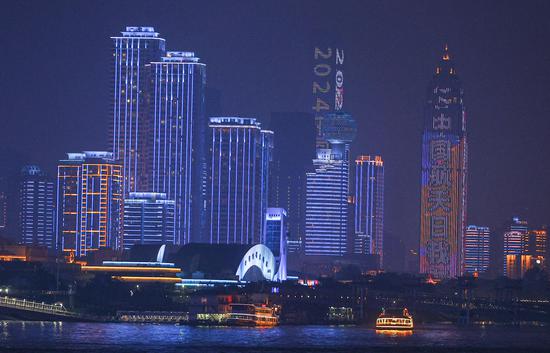

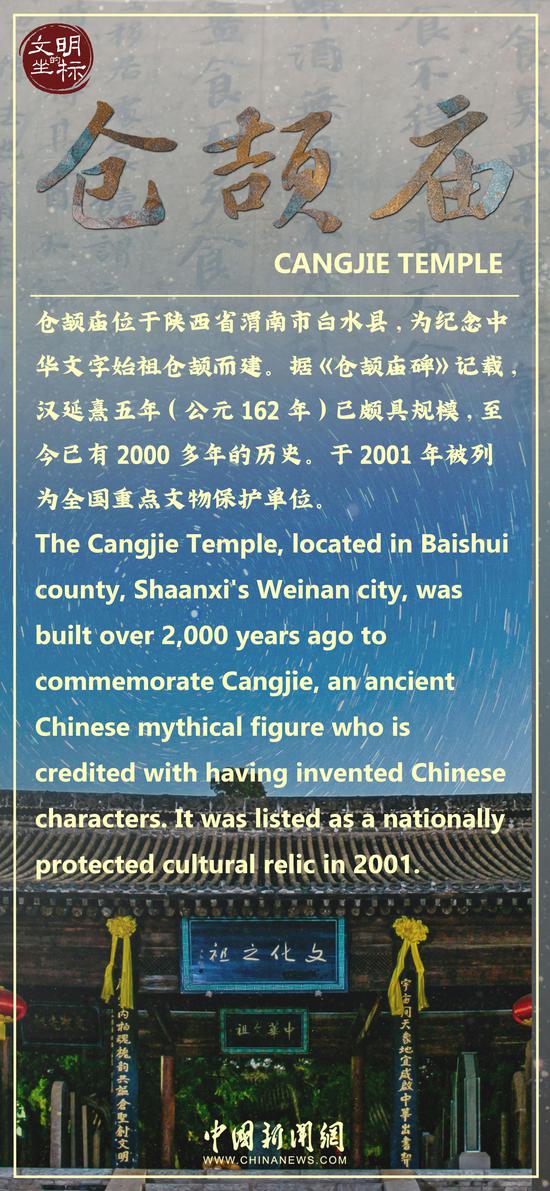
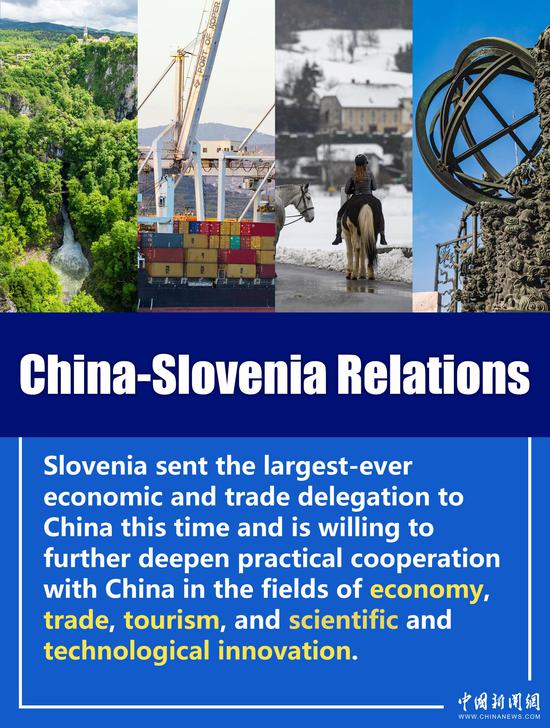
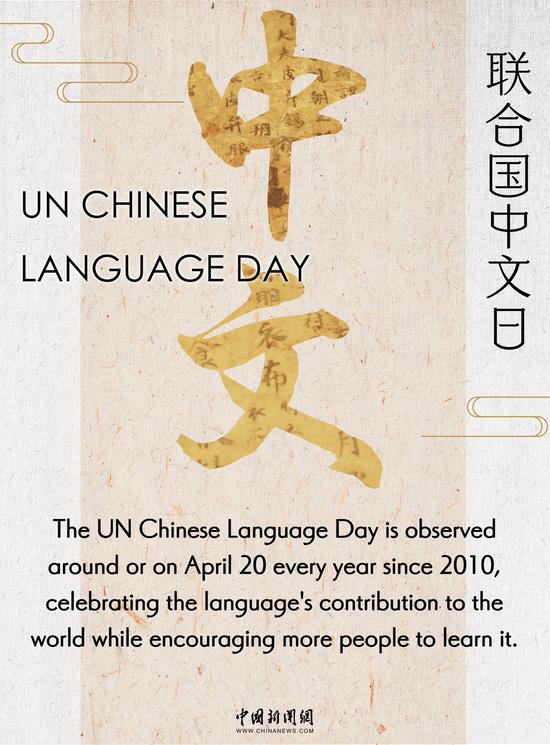
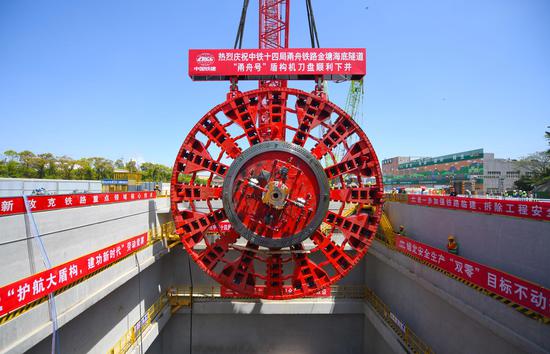
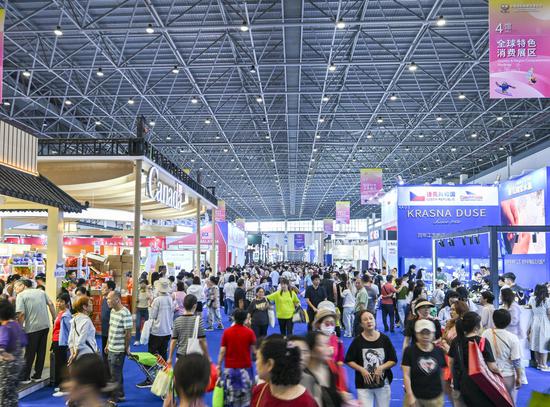

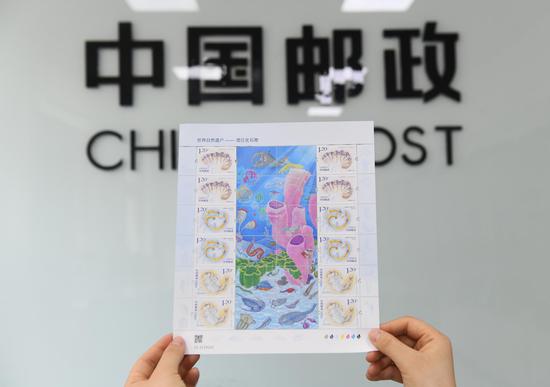
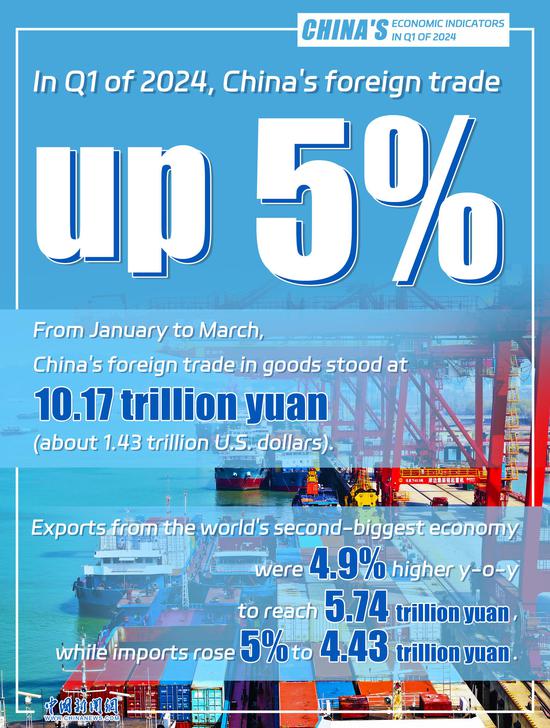

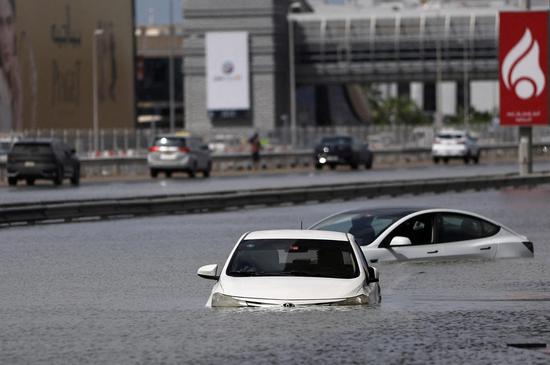

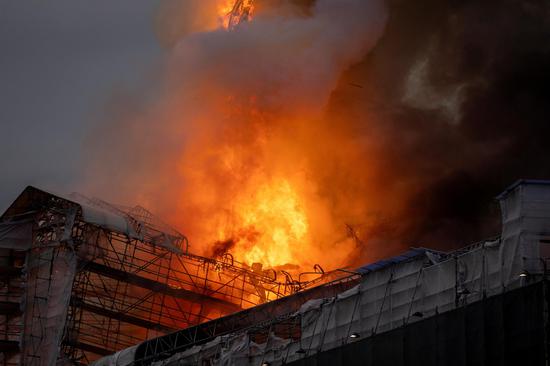
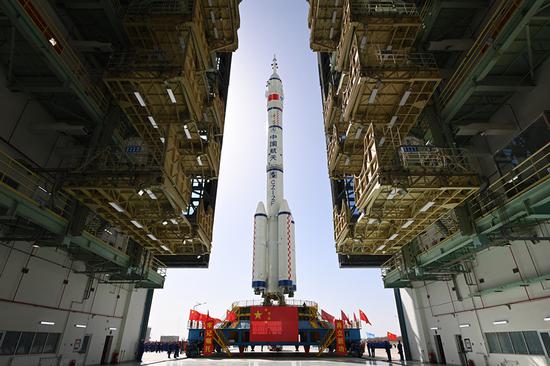



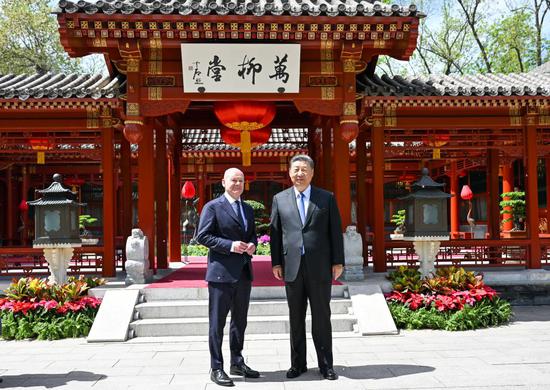

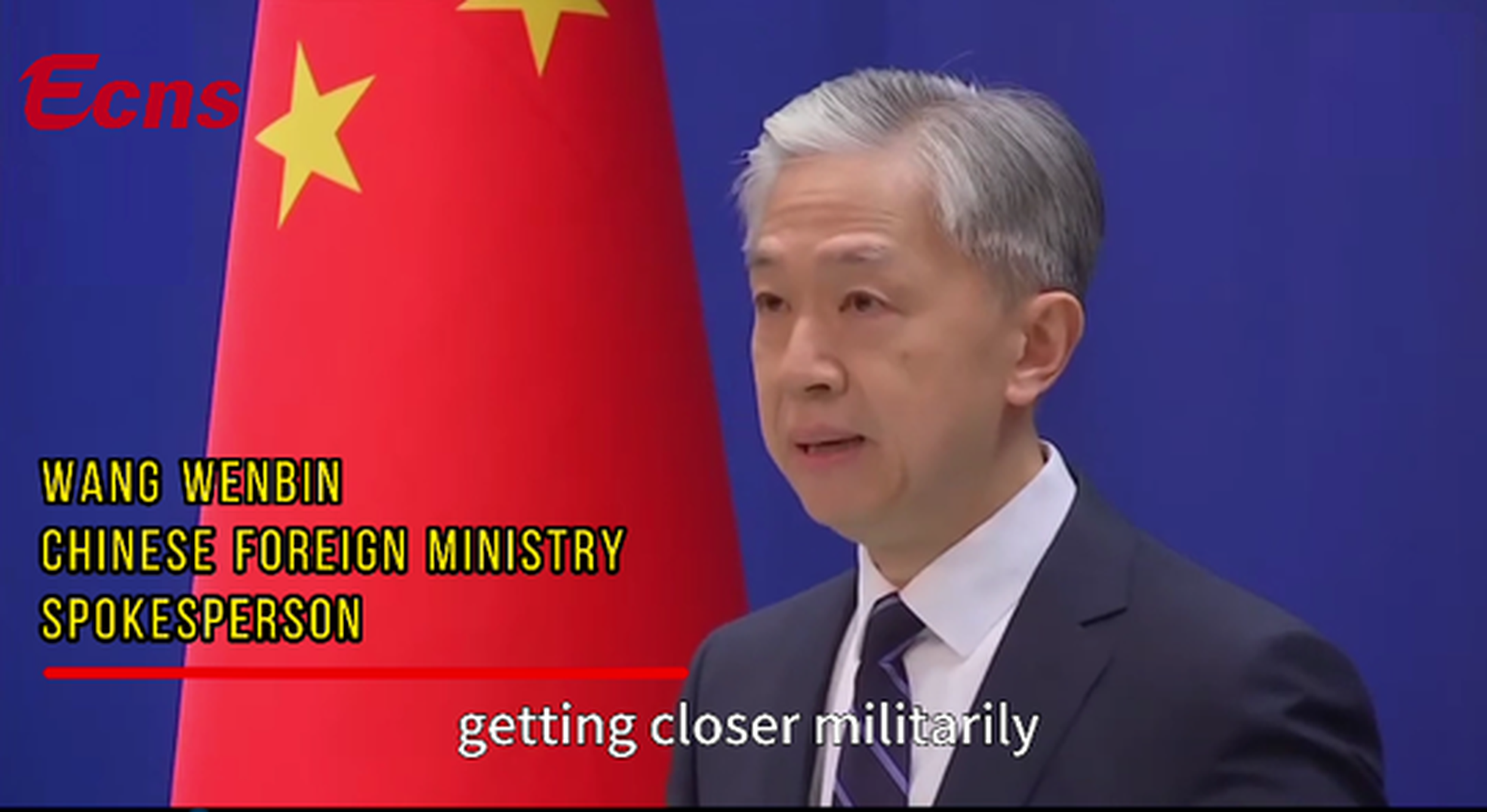



 京公网安备 11010202009201号
京公网安备 11010202009201号